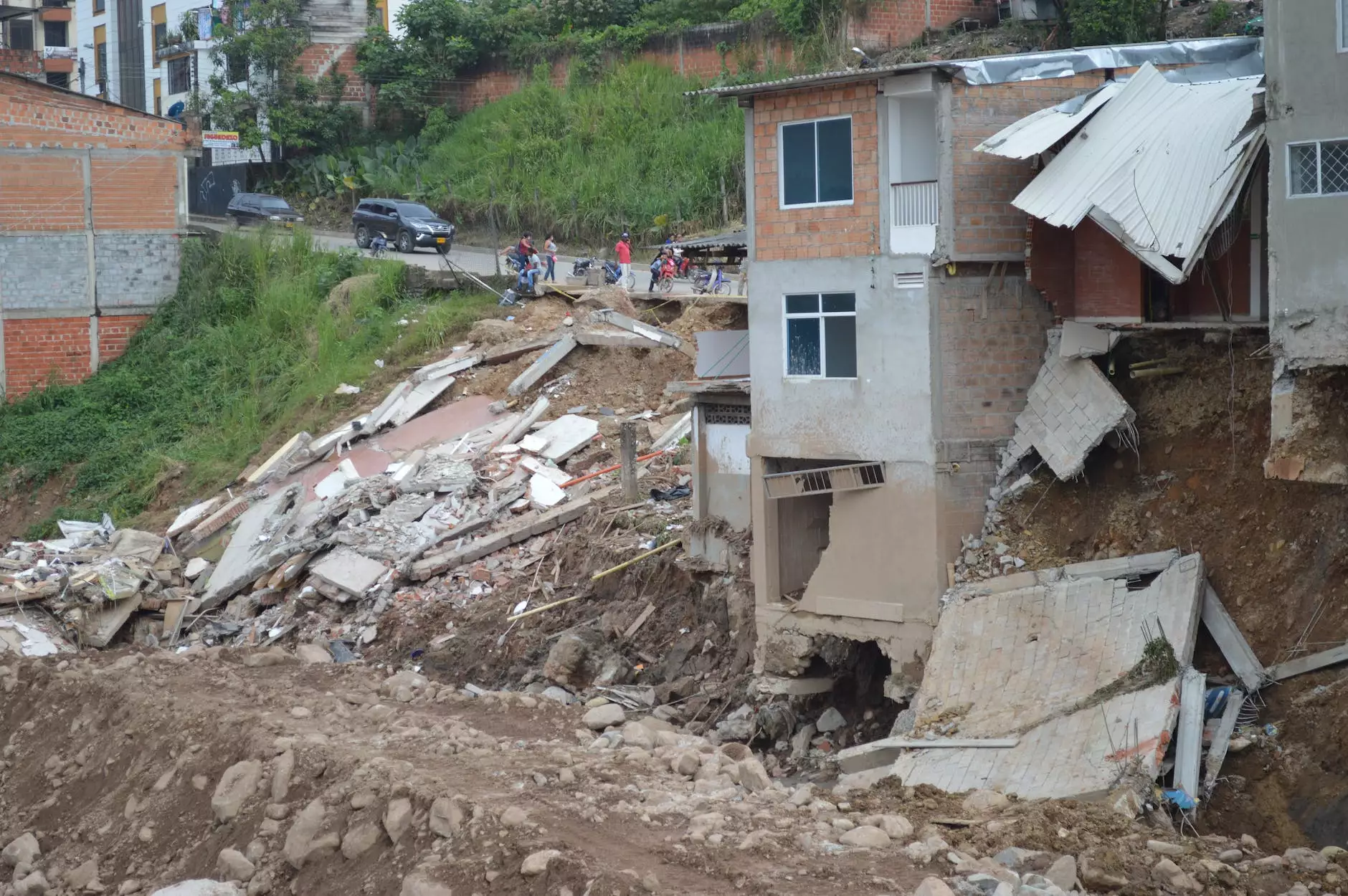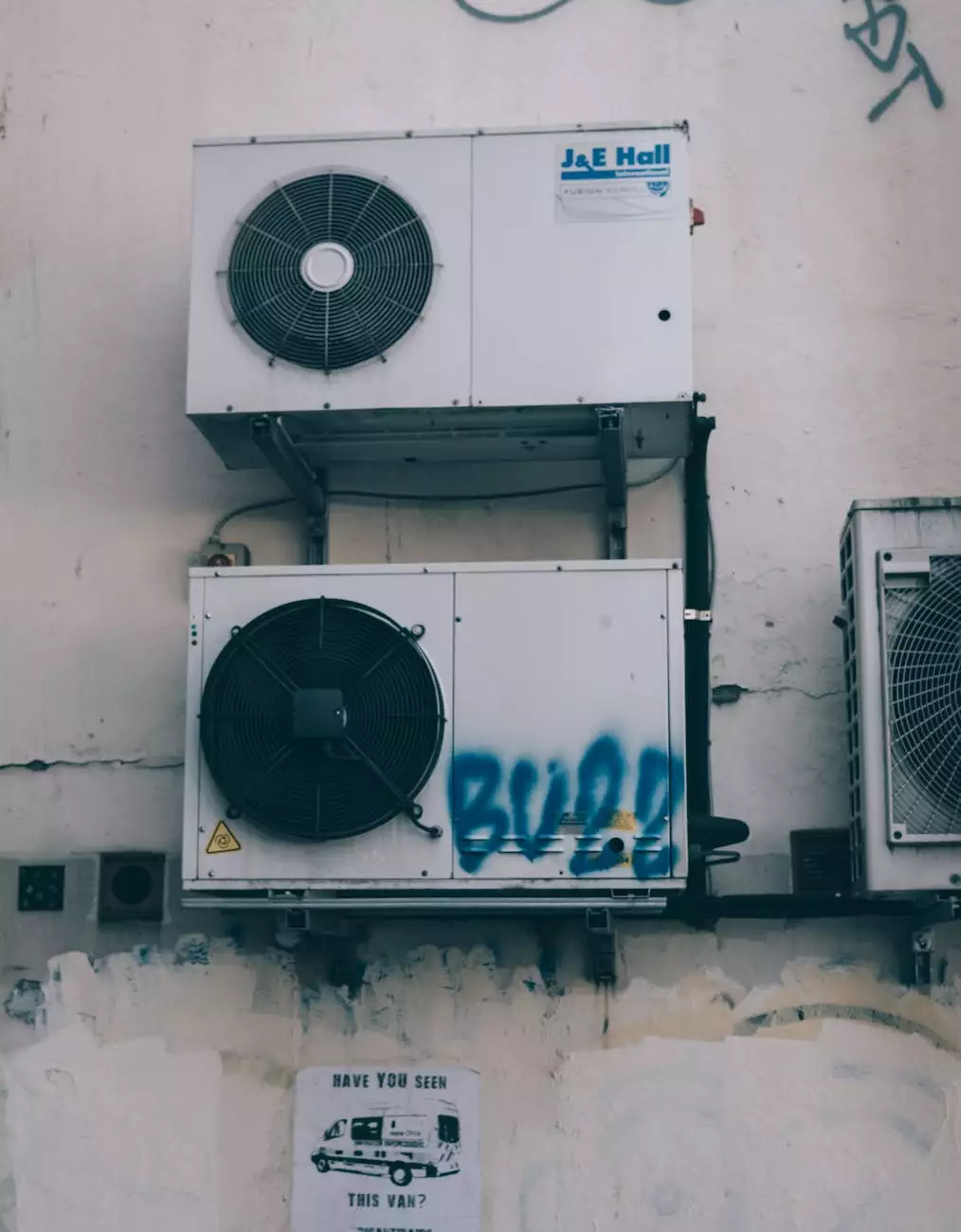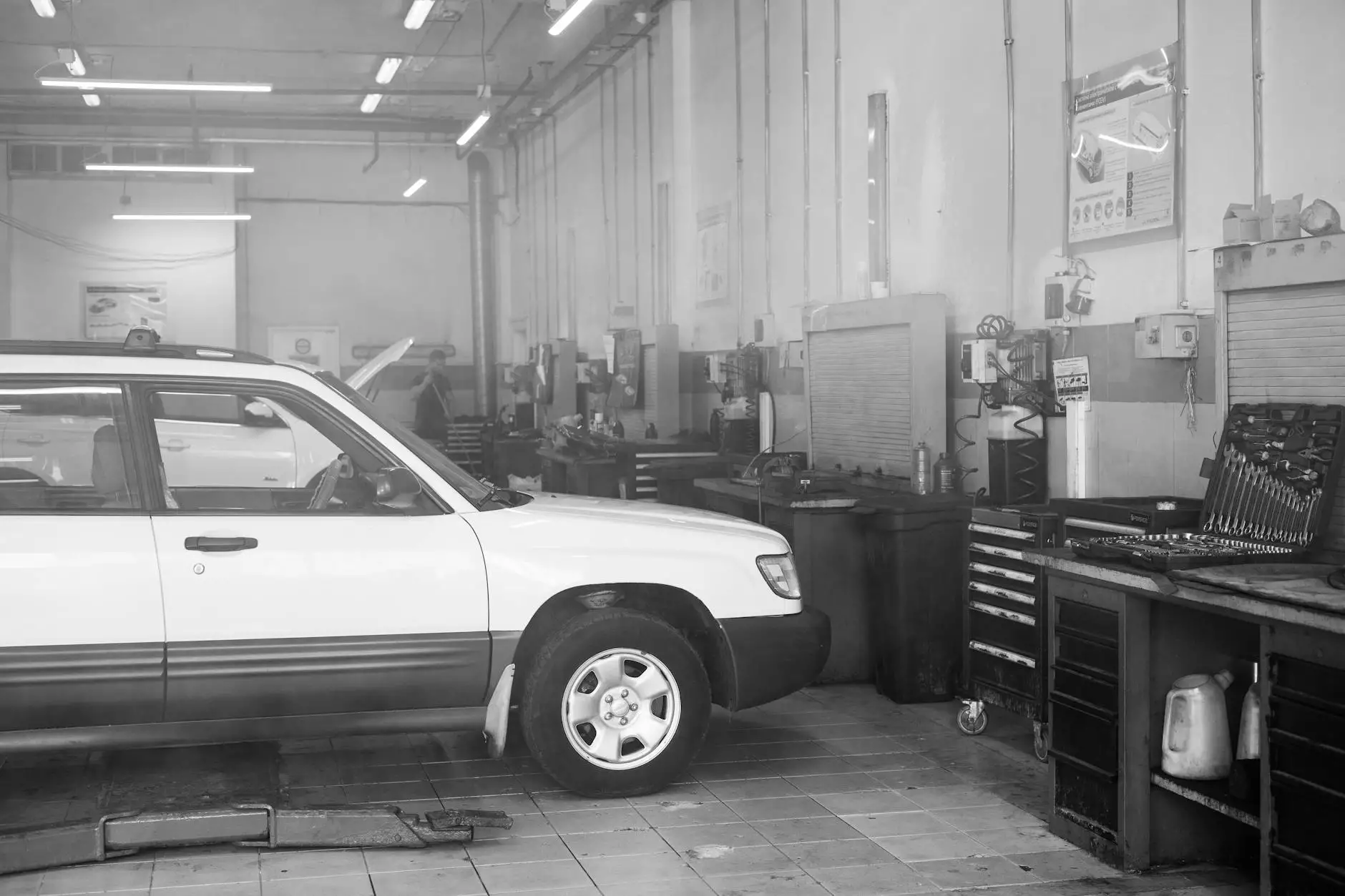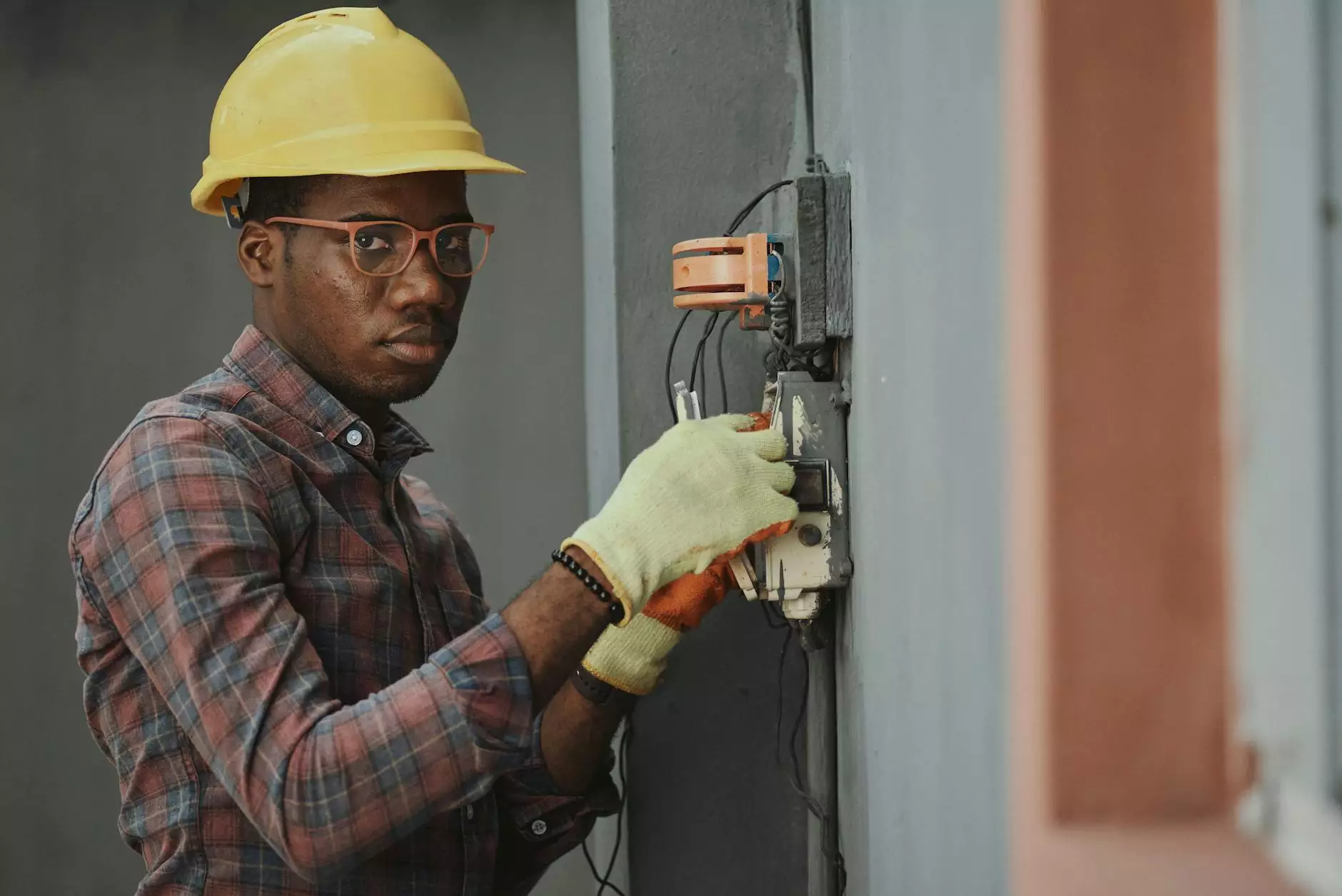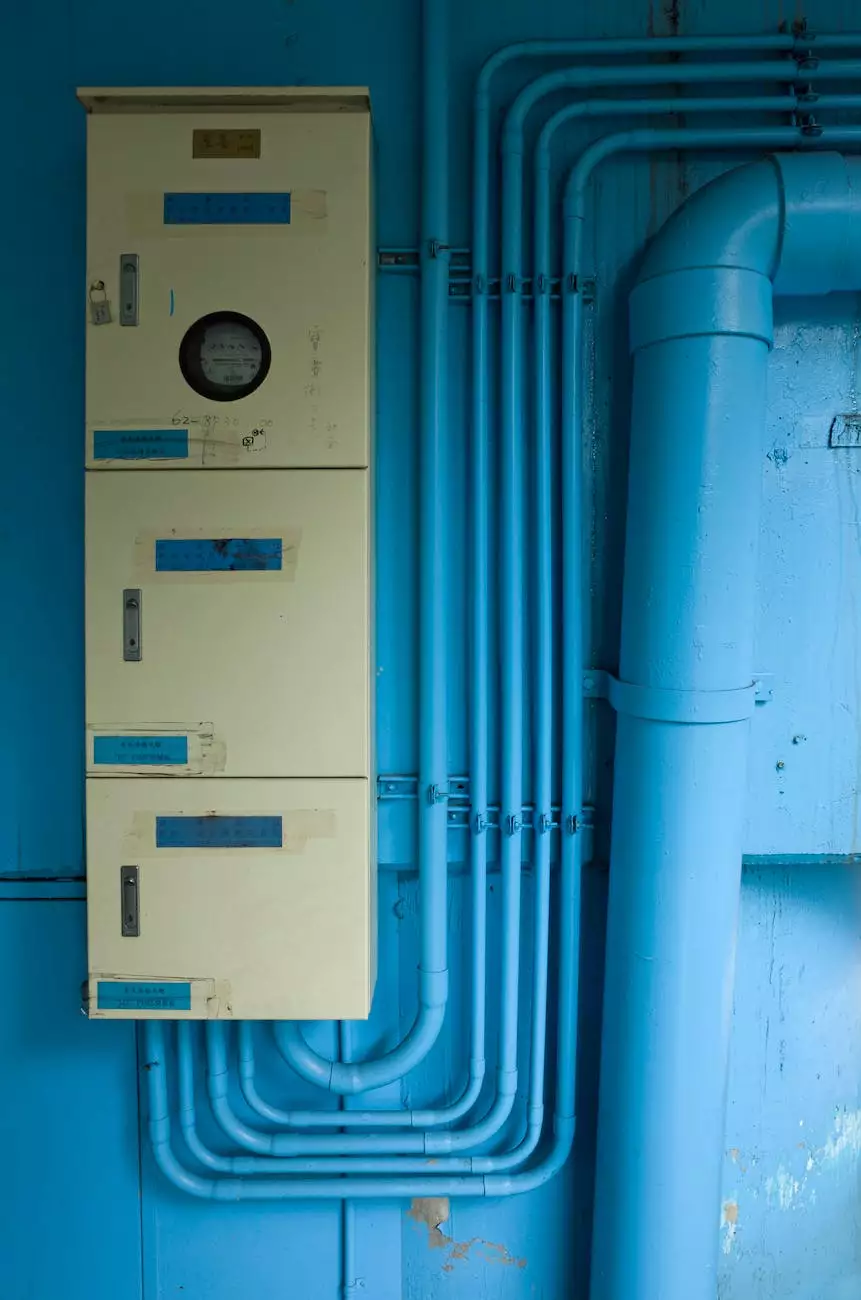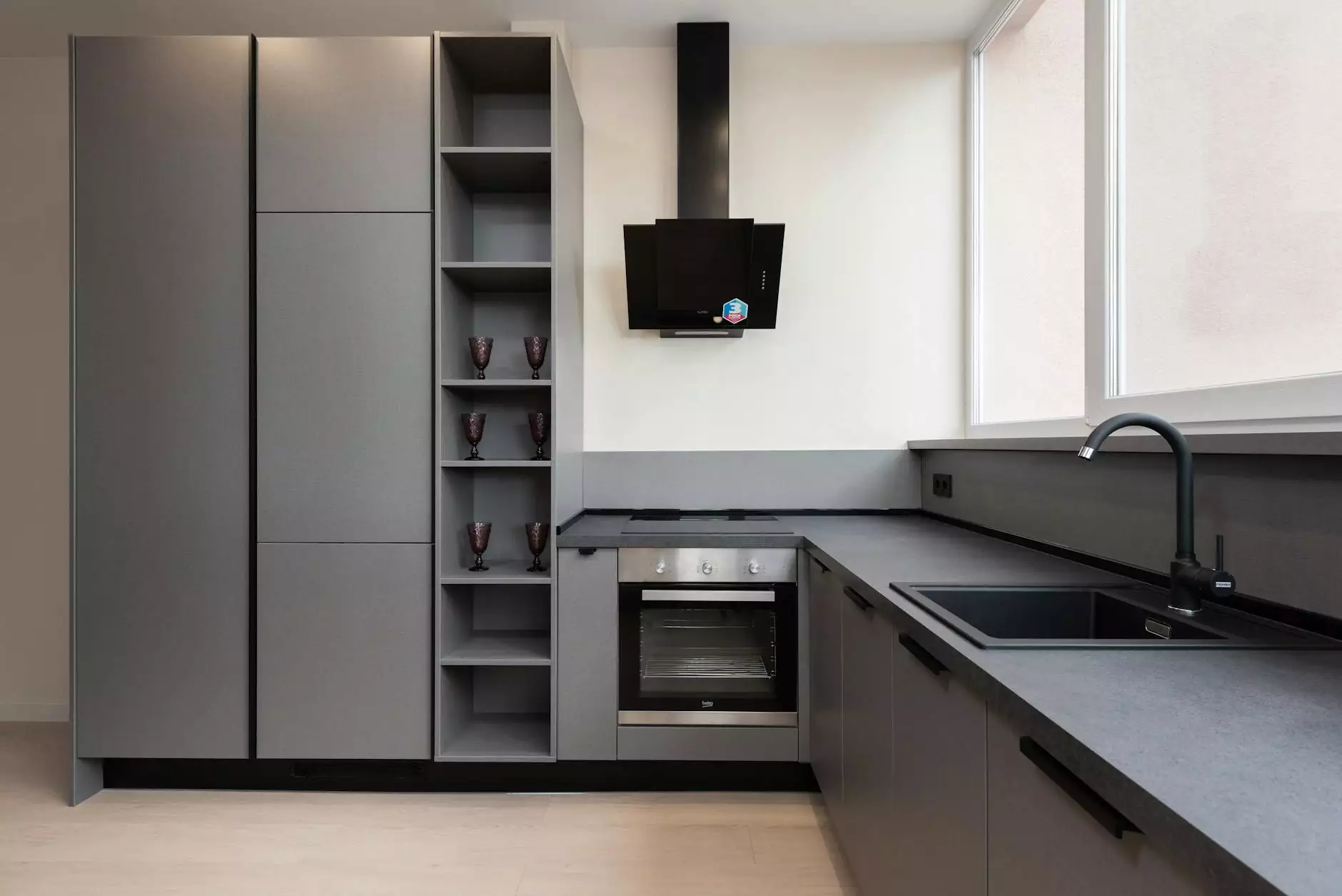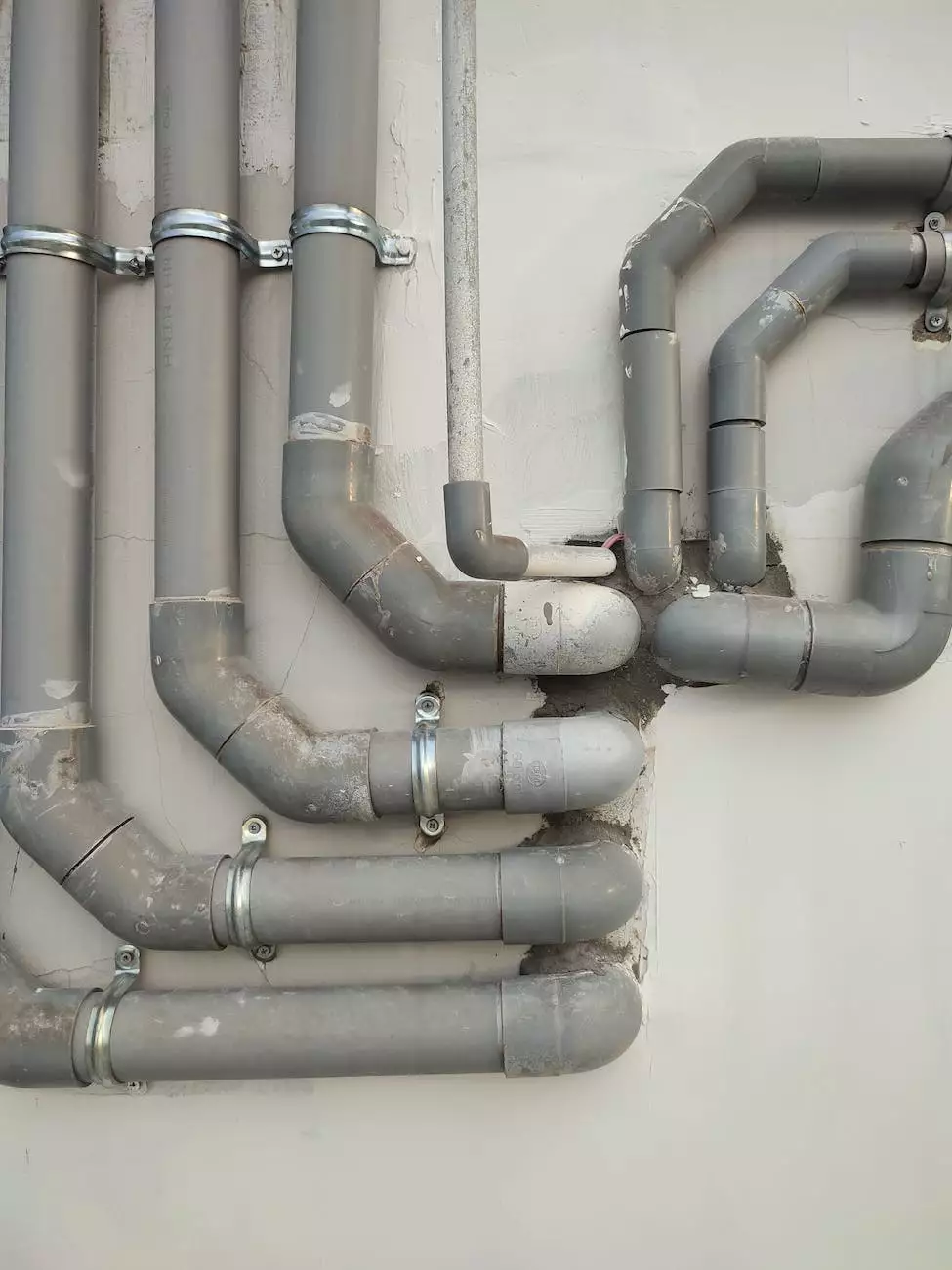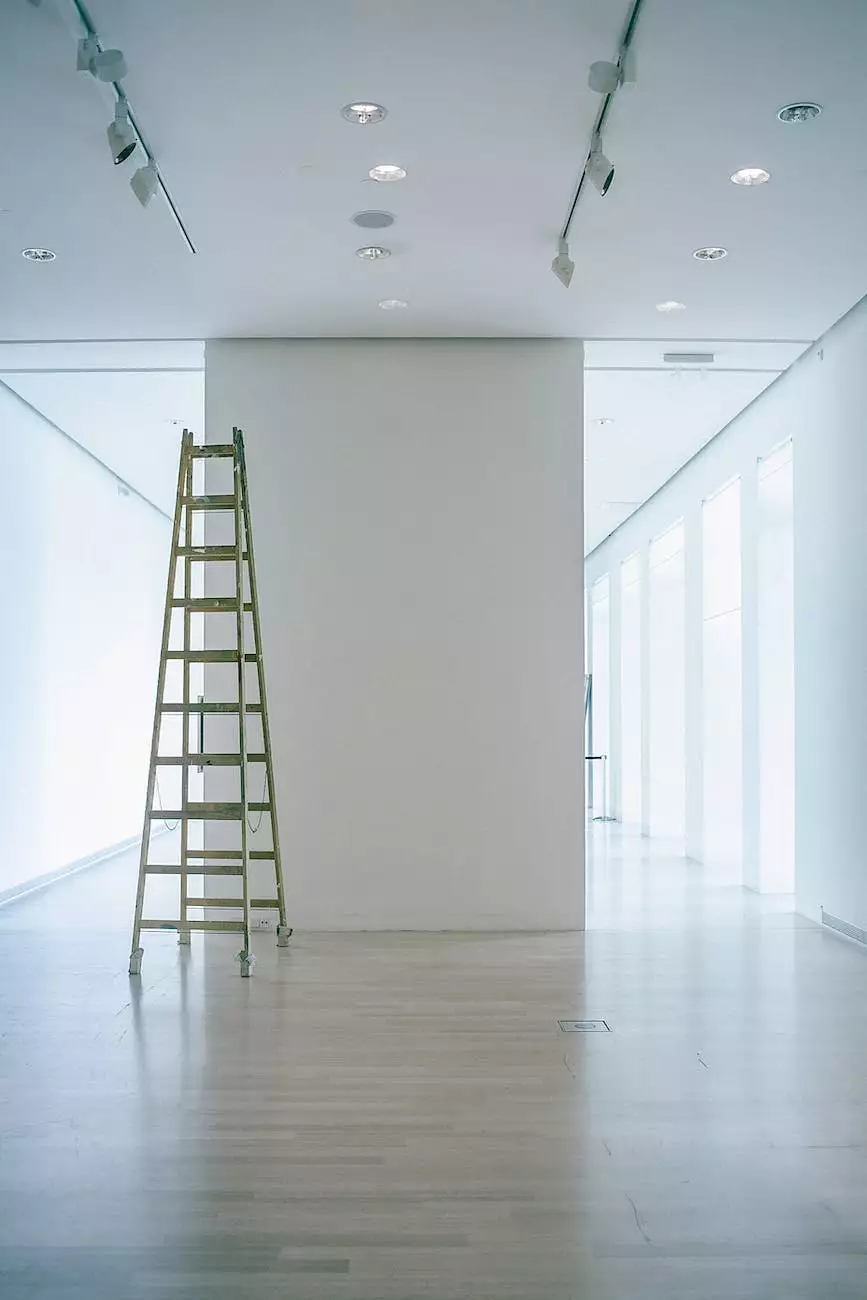Popped Pool & How to Prevent Them
Blog
Introduction
Welcome to Building Code Administrative Services, your trusted partner in the Business and Consumer Services industry. In this article, we will discuss the common problem of a popped pool and provide you with valuable tips to prevent such incidents from happening. Our team of experts has curated this comprehensive guide to help you maintain your pool's integrity and ensure a safer swimming experience for everyone.
The Problem with Popped Pools
A popped pool refers to the occurrence of a pool surface or structure bulging or lifting out of the ground. This can be caused by a variety of factors, including hydrostatic pressure, groundwater accumulation, or improper pool installation. When a pool pops, it can lead to significant damage to the pool's structure, underground plumbing, deck, and surrounding areas. Moreover, the safety of the individuals using the pool is compromised.
Factors Contributing to Pool Popping
Understanding the factors contributing to pool popping is crucial in formulating an effective prevention strategy. Here are some common causes:
- Hydrostatic Pressure: Excessive groundwater pressure underneath the pool can lead to the pool's upward movement, resulting in a popped pool. Areas with high water tables are particularly susceptible to this issue.
- Inadequate Drainage: Poor drainage systems around the pool can cause water to accumulate and increase hydrostatic pressure, leading to popping.
- Poor Construction: Improper pool installation, including inadequate reinforcement or inadequate base materials, can contribute to a pool popping.
- Soil Conditions: Unstable soil conditions, such as expansive clay or poorly compacted soil, can cause the pool to shift, leading to popping.
Preventing Pool Popping
Now that we have identified the causes, let's explore some effective prevention tips to safeguard your pool and prevent it from popping:
1. Proper Site Evaluation
Before constructing a pool, ensuring a proper site evaluation is essential. Conduct soil testing to understand the stability and composition of the soil. Additionally, evaluate the groundwater level to ascertain any potential risks. This will help in determining the necessary precautions and design considerations required during pool installation.
2. Adequate Drainage System
Installing a reliable and efficient drainage system around the pool is crucial. The system should divert water away from the pool area, preventing any accumulation. Adequate drainage will reduce hydrostatic pressure, minimizing the chances of the pool popping.
3. Professional Pool Installation
Engage a reputable pool installation company, like Building Code Administrative Services, that has extensive experience and expertise in the field. Professional installers follow industry standards, ensuring proper excavation, reinforcement, and use of high-quality materials. This significantly reduces the risk of pool popping due to construction issues.
4. Consider Groundwater Management
If you live in an area with a high water table, it is crucial to implement effective groundwater management techniques. These may include installing a well-point system, sump pump, or a French drain to regulate the water table levels and prevent excessive hydrostatic pressure buildup.
5. Regular Pool Maintenance
Implement a comprehensive pool maintenance routine to detect and address any potential issues at an early stage. This includes regular inspections, pool cleaning, equipment checks, and water level monitoring. Addressing minor problems promptly can prevent them from escalating into major issues, including pool popping.
6. Monitor Soil Conditions
Stay vigilant and monitor the soil conditions around your pool. Watch out for signs of soil movement, such as cracks in the pool deck or surrounding areas. If you notice any significant changes, consult a professional to assess the situation and take appropriate measures to stabilize the soil.
Conclusion
Building Code Administrative Services understands the importance of maintaining a safe and reliable pool experience. By implementing the prevention tips mentioned in this guide, you can significantly reduce the risk of a popped pool. Remember, regular maintenance, proper installation, and proactive approaches towards managing groundwater levels are essential for preserving the integrity of your pool. For any further assistance or guidance, feel free to reach out to our team of experts.

